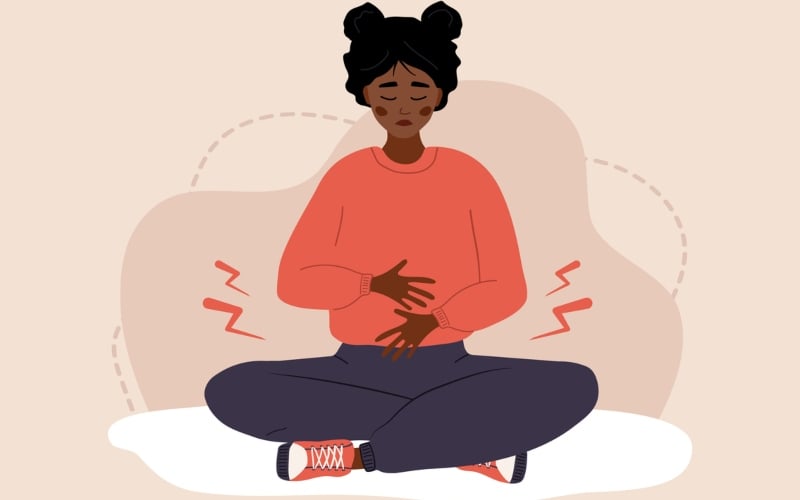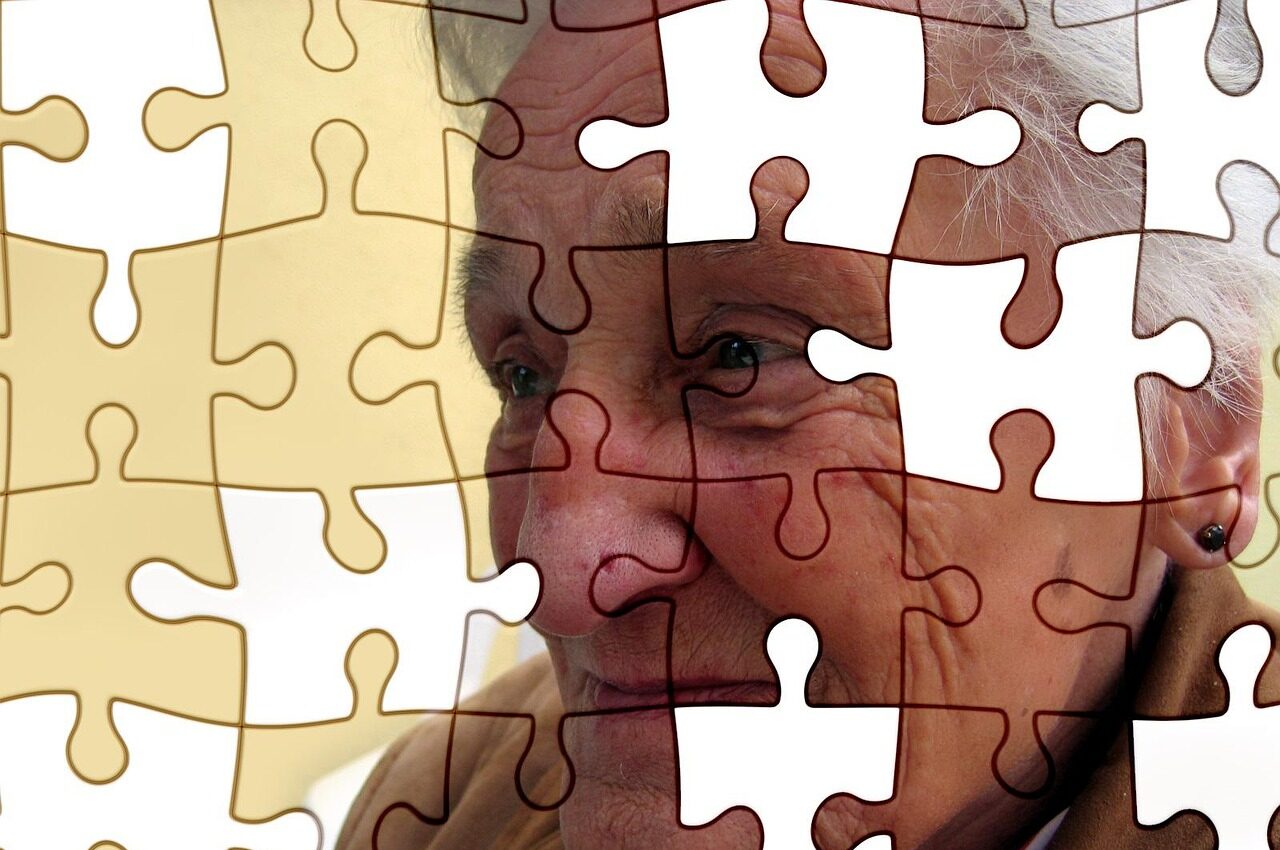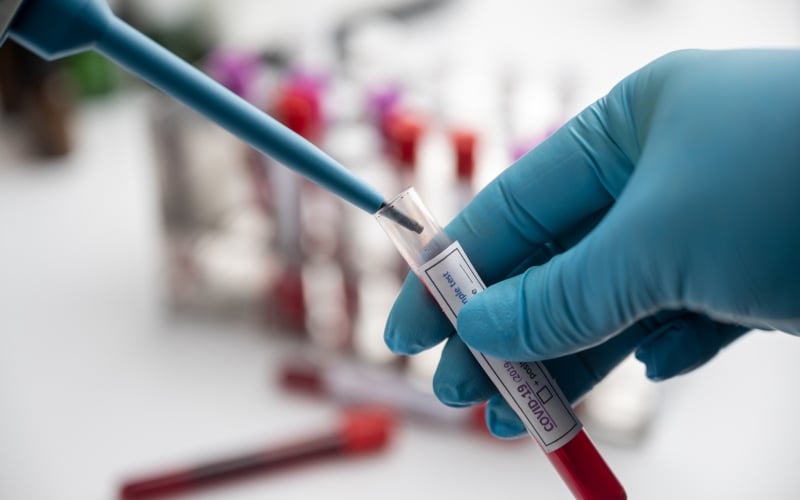CANNABIS CULTURE – Why Indigenous cannabis growers are camping outside South Africa’s presidential residence
For three years, they have been living in the garden of South Africa’s president’s official home, growing a cannabis garden and other vegetables saying that, being South Africa’s First Nation, their freedom cannot be restricted by modern post-colonial rules.
“We won’t be moved – and it’s our right to cultivate cannabis, and enjoy our way of life,” vows King Khioisan SA, who says he is 54. King Khoisan is defiant while resting in the colorful garden of Union Buildings, the official residence of all of South Africa’s presidents which is perched atop a hill on the eastern flanks of Pretoria, South Africa’s capital.
 King Khoisan hails from the Eastern Cape province of South Africa, which is famous for unlicensed indigenous farmers dabbling with cannabis cultivation.
King Khoisan hails from the Eastern Cape province of South Africa, which is famous for unlicensed indigenous farmers dabbling with cannabis cultivation.
King Khoisan says he is the king of the Khoisan, South Africa’s first nation that has lived in the country for over 10 000 years and grown cannabis unrestricted, well before the arrival of colonial Europeans. King Khoisan and his four followers have become a hit with tourists visiting the Union Buildings.
Khoisan SA, 54 days as the King of South Africa’s Khoisan First Nations, it’s disrespectful that the modern government of South Africa doesn’t recognize his authority, has not returned his lands stolen during colonialism, and can’t allow his people to farm cannabis without any need for any lawful permission.
“This is our country, this our cannabis,” King Khoisan says.
In January 2022, officers of the South African police services attempted to arrest King Khoisan and his followers. They clung to a cannabis tree plant which ultimately got uprooted when they tussled with police over the arrest. Police deliberately uprooted the cannabis tree as a tactic to make sure Khoisan and his followers have nothing to cling to, King Khoisan.
Lt. Col. Robert Netshiunda, spokesman of the South African police says that King Khoisan SA is breaking the law by cultivating cannabis, which is illegal. South Africa’s highest court legalized cannabis for commercial medicinal cultivation and processing in 2023 but Cannabis Culture has reported on South Africa’s police’s continued tough stance against individual users of cannabis.
“It’s nonsensical; it’s hogwash,” says Khoisan of the police attempts to suppress him and his followers. “I can smoke cannabis; rub my knee pains with it in our land, we have been living this way for 10, 000 years.”
As King Khoisan and his followers continue their defiance into 2023, local and international tourists visiting the Union Buildings’ expansive garden have taken to Khoisan. The group had become a fascination of visitors who stop by to offer solidarity, ask more about cannabis, pose for photos, and create and offer food donations.
“I like them,” says Vutt Loma, 29, a German tourist with arthritis who says she spent a day with King Khoisan, asking about how burning heating cannabis and rubbing it in her knees can dull the pain. “It was fantastic Indigenous knowledge, I got instructions even on how to inhale a few cannabis smokes as a way of lessening headaches.”
Khoisan says the avalanche of tourists visiting them in the garden of Union Buildings has not hindered their way of life for the past three years. “It’s a moment to teach the world of the colonial state in South Africa that even controls our plants like cannabis apart from our bodies.”
Cannabis and colonialism in South Africa is an enduring legacy and complaint. Cannabis Culture has previously reported the agony whereby South African police use intimidating helicopters to spray and kill indigenous farmers’ cannabis plots; the way commercial licenses in South Africa have been doled out mainly to white, wealthy foreign corporations at the expense of Black entrepreneurs.
“Khoisan’s struggle is another front in the war against expropriation of cannabis, its ownership, and the culture surrounding it in South Africa by the post-colonial state which is still colonial and continuing anyway,” says social scientist O’bren Nhachi.
King Khoisan and his cannabis rebels say they are not ideological activists or rebels. “The land upon which the South African president’s house is built is essentially our unceded land. We are simply continuing our way of life hence apart from cannabis we also grow a vegetable garden,” he says.
For tourist guide, Namata Gcaba, meeting the Khoisan King camping at the South African president’s house has boosted his business. “Most tourists who board my tax to the president’s house demand upfront: which side of the garden is the cannabis king living? Take us straight there!”
Original Article










